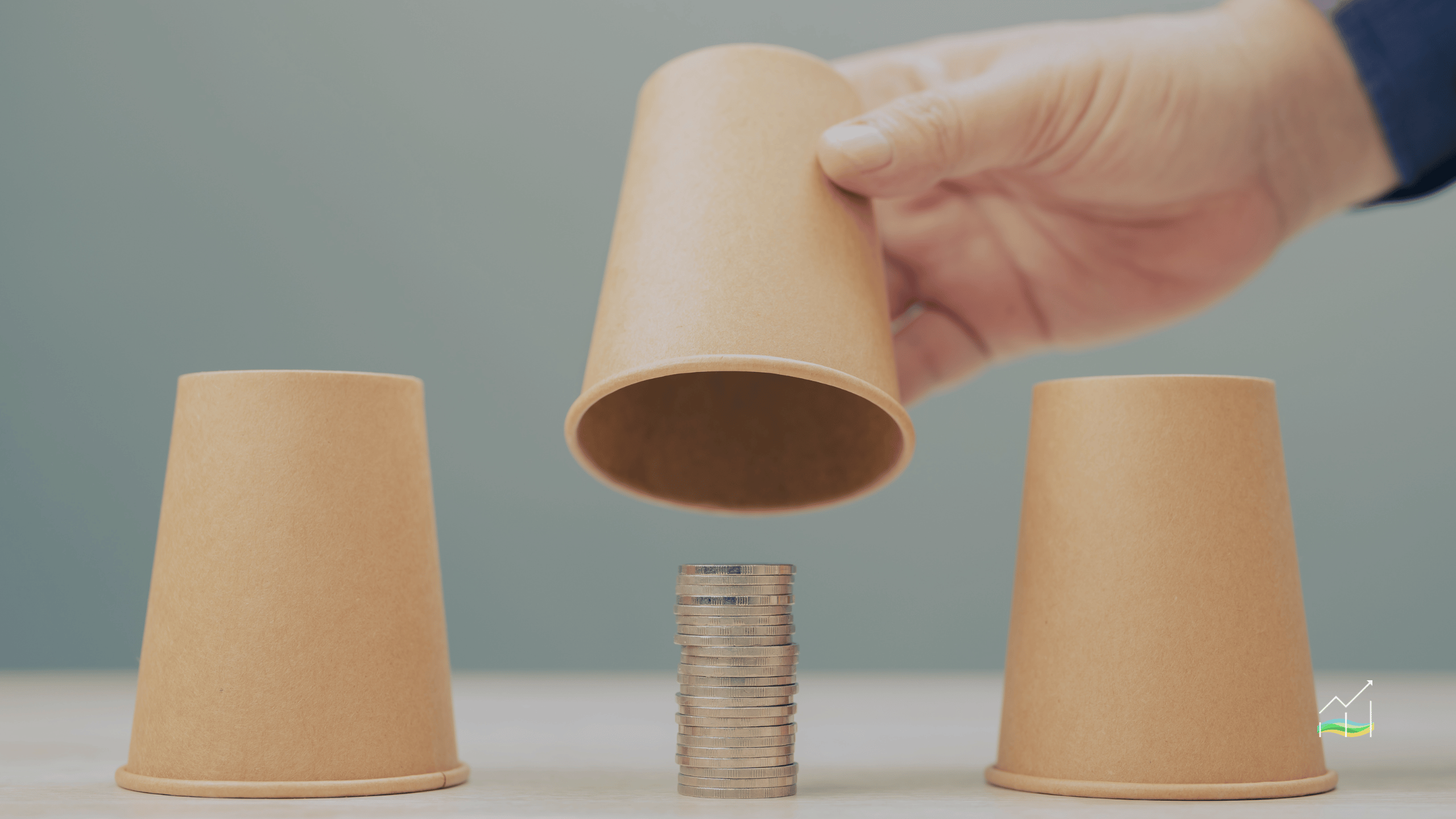10/09/2025 Traders Mindset

Do You Second-Guess Good Trades?
Key Takeaways:
- Second-guessing often comes from fear of being wrong, not from facts.
- Doubt can erode discipline and turn good trades into losses.
- Building trust in your process is more important than chasing perfection.
- Reflection belongs after the trade, not during it.
Every trader has placed a position only to stare at the screen wondering if it was the right call. The trade made sense when you clicked buy or sell, yet minutes later a wave of doubt creeps in. You question whether you should close it early, cut profits short, or reverse the position entirely. The trade itself has not changed, only your state of mind.
Second-guessing is rarely about market signals. It usually comes from fear of being wrong or the discomfort of uncertainty. The problem is that acting on that fear often turns solid decisions into avoidable mistakes. Closing a good trade too early or flipping your position mid-flow can damage both your account and your confidence.
The solution is not to eliminate doubt altogether. Every trader feels it. The key is to anchor yourself in your plan. If the trade matched your criteria when you entered, then nothing has changed unless new information appears. You do not need to chase perfection, you need to stay consistent.
Reflection still matters. But it belongs after the trade is over, not in the heat of the moment. Post-trade reviews help refine your strategy and reduce future hesitation. During the trade, discipline is what protects you. The question is simple: are you willing to trust your process when your emotions scream otherwise?
© 2025 SKONE Enterprise (003319453-V). All rights reserved.
The content on this site is for informational purposes only and does not constitute financial advice.


